Women need a complex balance of vitamins to maintain a healthy body and mind. We must support a healthy reproductive system, healthy pregnancies and we sometimes need a special balance of vitamins to help our bodies adapt to menopause. This is why we must pay special attention to the vitamins we receive in our diets.
There are many good quality vitamins and some specifically designed for women but doctors and nutritionists always recommend that the best place to get vitamins is directly from your food. Here are the 10 most essential vitamins for women and the best foods to get them.
1. Vitamin C
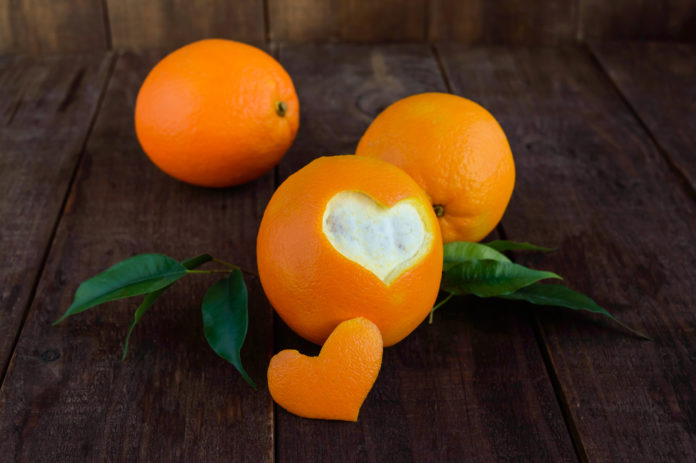
According to WebMD, vitamin C heals wounds and helps our bodies to make red blood cells. It also increases levels of the brain chemical called noradrenaline, which makes you feel more alert and increases your concentration – good news for all busy women! You can get vitamin C from broccoli, grapefruits, kiwis, oranges, peppers, potatoes, strawberries and tomatoes, or you can get it extra. You will also see it as ascorbic acid.
Magnesium
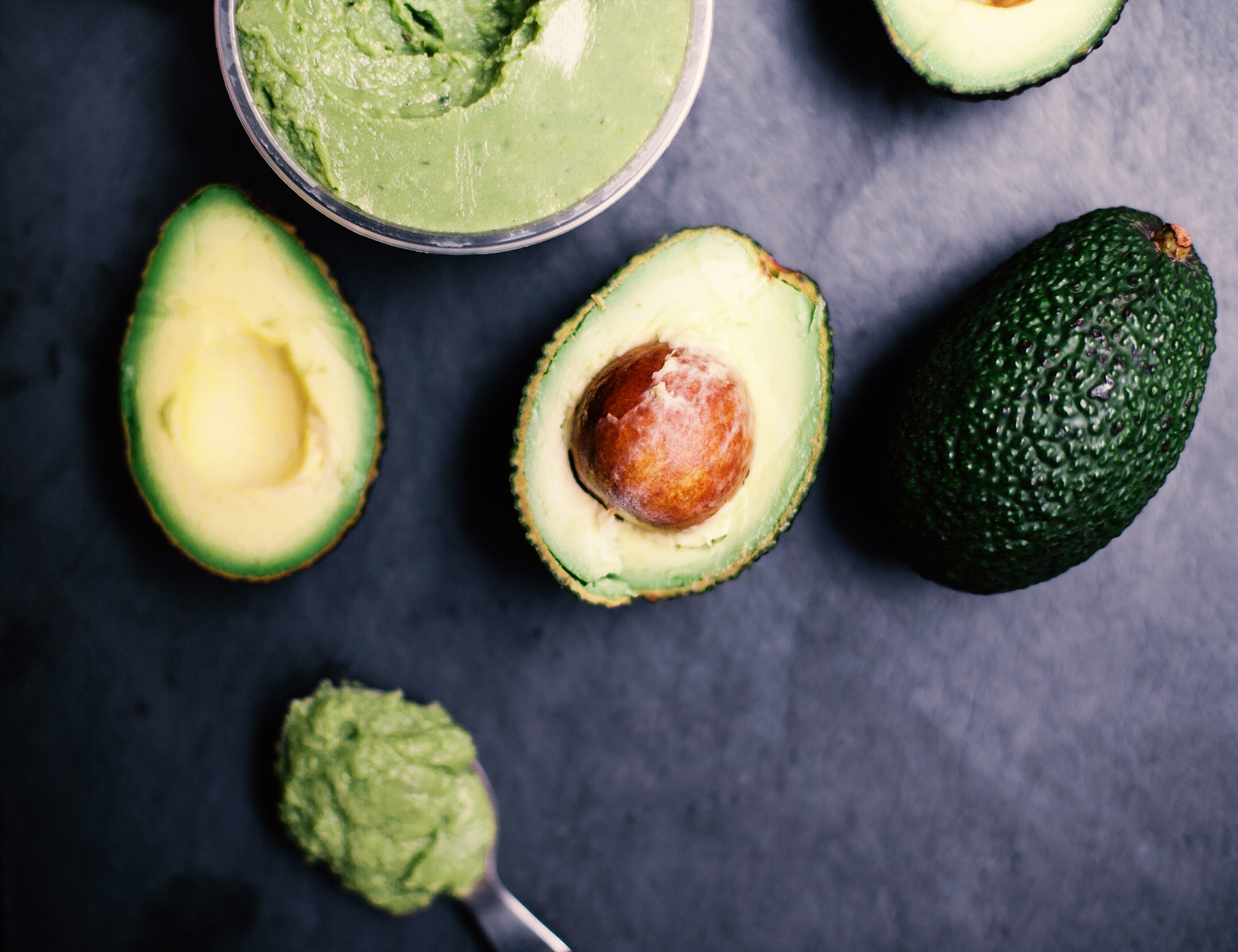
Prevention explains that magnesium is essential for muscle contraction, nerve transmission and to regulate our blood pressure. It helps our immune system and is vital for having healthy bones. It has the power to control hypertension and headaches and helps in pre-eclampsia during pregnancy. You can find magnesium in milk, peanuts, avocados, bananas, wheat germ, whole grains, beans and peas, as well as leafy green vegetables.
Source: Remedy Daily
2. Vitamin A
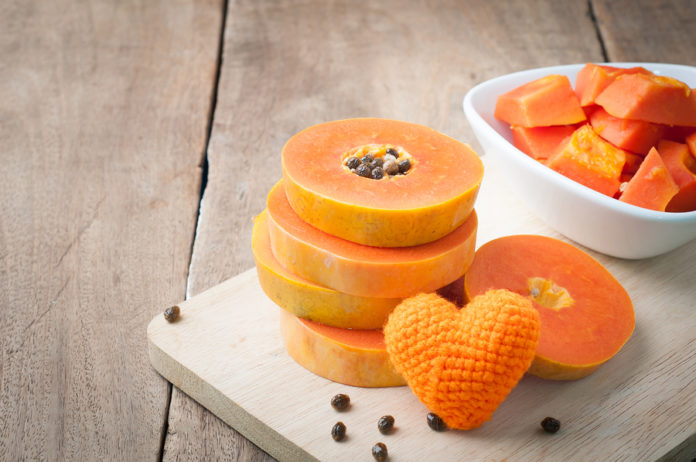
Also known as beta-carotene, a nutrient that your body turns into vitamin A, this important vitamin helps eyesight and soft tissue, which is important for healthy skin. WebMD recommends eating apricots, cantaloupe, carrots, guava, cabbage, papaya, peaches, pumpkins, red peppers, spinach and tomatoes.
3. Calcium
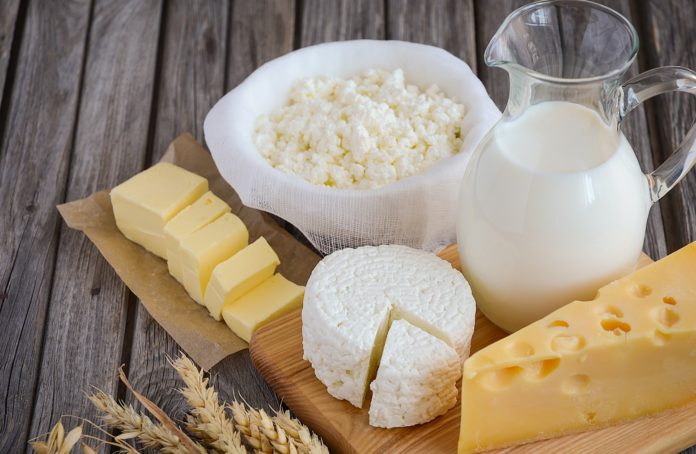
We all know that calcium is important for healthy bones, but Prevention explains that it also reduces the risk of high blood pressure and possibly colon cancer. It can reduce the symptoms of PMS and help with weight loss. You can get calcium from a range of foods but if you do not eat dairy products, consider taking a supplement.
4. Vitamin E
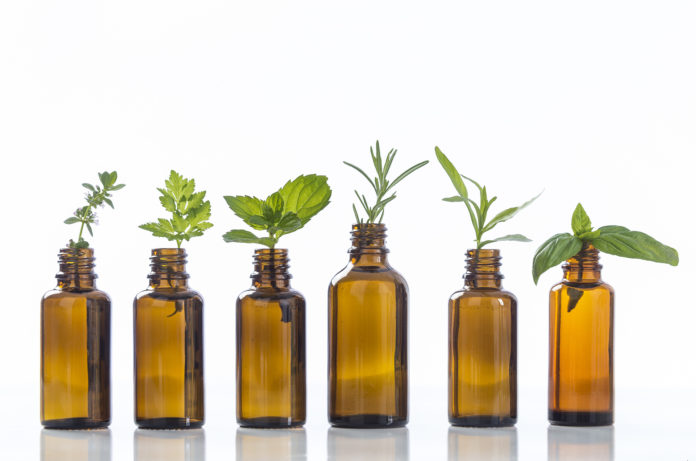
It is anti-aging vitamin – it slows down the signs of aging and keeps our cells healthy, according to WebMD. You can get vitamin E in foods such as margarine, corn oil, cod liver oil, hazelnuts, peanut butter, safflower oil, sunflower seeds and germ corn.
5. Iron
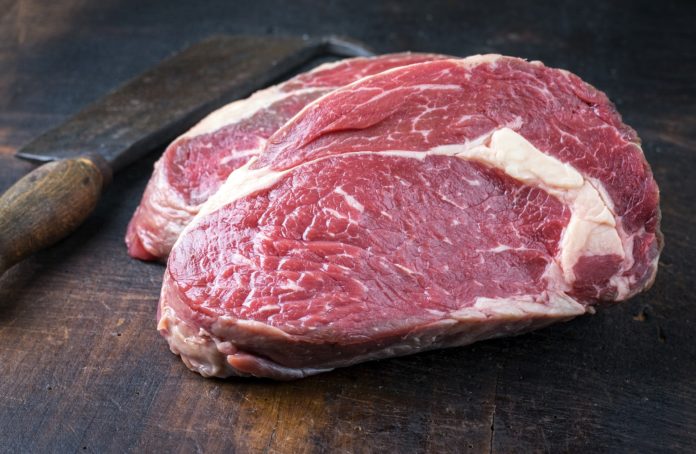
Anemia due to iron deficiency is the most common nutritional deficiency disease, according to Medical News Today, and is particularly prevalent among women. It may simply result from a shortage of iron in the diet (or iron that is not absorbed properly), but this may also be due to problems related to childbirth or menstruation where there has been A significant loss of blood. You can get enough iron from red meat, pork and poultry, as well as seafood, beans and dark leafy vegetables such as spinach. However, remember that you need a proper vitamin C in your system in order to absorb iron and balance your vitamins!
6. Zinc
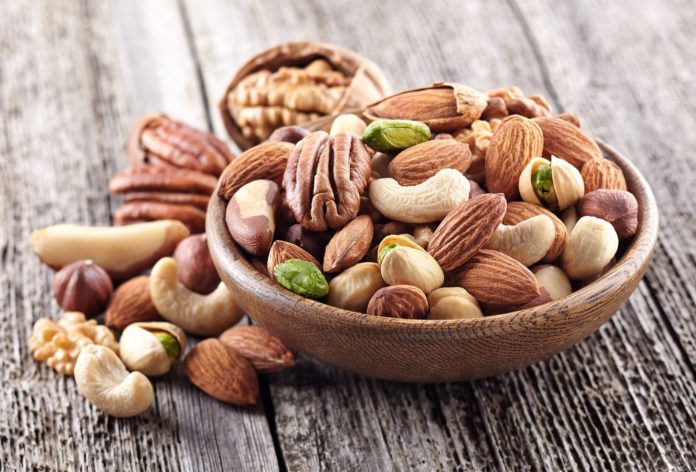
Prevention explains that zinc is good for a quick healing, a healthy immune system and a healthy pregnancy. You can get zinc from oysters, extra-lean red meat, turkey, nuts, cooked dried beans and peas, wheat germ and whole grains.
The B Complex
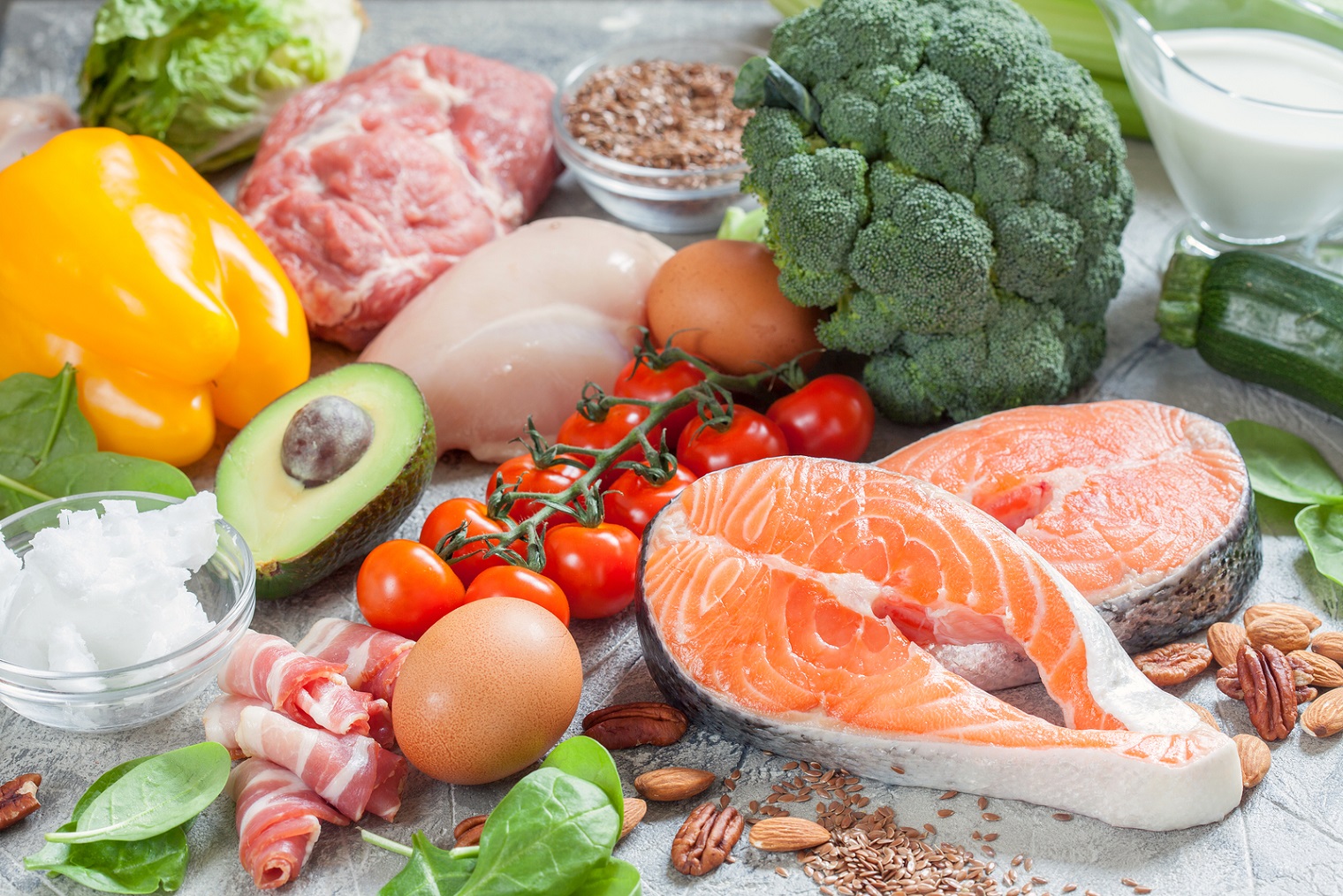
The most essential part of the B complex are vitamins B6 and B12, as well as folic acid. Vitamin B6 helps build a healthy brain and a good spinal cord. It also makes DNA and RNA, the building blocks of cells and prevents DNA changes that can lead to cancer. You can find the B6 vitamin in fish, potatoes, chickpeas, bananas, beans, oatmeal and poultry. Vitamin B12 is especially important for metabolism and it helps your body to make red blood cells. You can get it from cheese, eggs, fish, meat, milk and yogurt. According to Healthline, folate (or folic acid) is important for a healthy nervous system and is especially important for pregnant women, according to WebMD, as it helps to prevent birth defects such as spina bifida. Foods rich in folate include spinach and leafy green vegetables, asparagus, citrus fruits, melons, strawberries, enriched grains, legumes, eggs and liver.
7. Vitamin D

WebMD explains that vitamin D regulates calcium and phosphorus in your body, reducing your risk of osteoporosis. You can get enough vitamin D from a small regular exposure to the sun (without sun protection), as well as foods like eggs, salmon, mackerel and sardines. Because calcium and vitamin D are closely related, many doctors recommend that women who have gone through menopause take a supplement that includes both nutrients.
8. Vitamin K
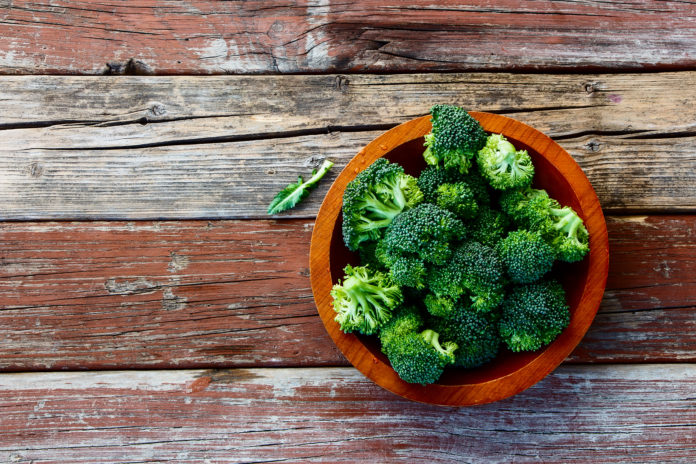
It plays an important role in the conservation of strong bones, prevents heart disease and the formation of a blood clot after an injury. WebMD recommends that the best sources of vitamin K include green leafy vegetables, soybean oil, broccoli, alfalfa, cooked spinach and fish oil.
Source: Remedy Daily


![[Photos] Why WD-40 Is Magic In Your Garden?](https://lifetonik.com/wp-content/uploads/sites/7/2019/08/WD40-Prices-Highres_Page_8_Image_0008-218x150.jpg)
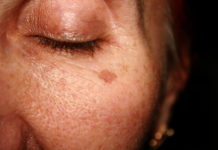




![[Photos] Take A Look Of The Obama’s New Home Before It’s Banned](https://lifetonik.com/wp-content/uploads/sites/7/2019/07/Obama1-218x150.jpg)
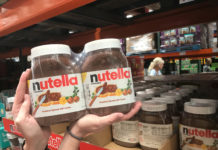
![[Slideshow] Celebrity Homes: 21 Of The Most Luxurious](https://lifetonik.com/wp-content/uploads/sites/7/2019/07/Taylor-Swift-218x150.jpg)
![[Slideshow] More Parents Are Now Gluing Pennies to the Bottom of their Kid’s Shoes](https://lifetonik.com/wp-content/uploads/sites/7/2019/07/Keep-Them-Entertained-218x150.jpeg)
![[Photos] 20 Fashion Mistakes That Too Many Women Make!](https://lifetonik.com/wp-content/uploads/sites/7/2019/07/5-style-mistakes-that-make-you-look-frumpy-featured-218x150.jpg)










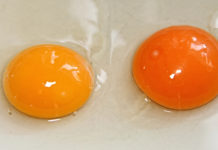
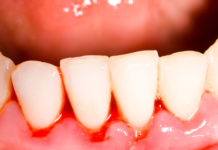







![[Gallery] 25 Discounts For Seniors To Which You Are Entitled Without Knowing It](https://lifetonik.com/wp-content/uploads/sites/7/2019/08/EAZxECUXUAAvNZR-218x150.jpg)
![[Slideshow] Here’s the salary of every governor in the United States](https://lifetonik.com/wp-content/uploads/sites/7/2019/08/Charlie-Baker-218x150.jpg)
![[Photos] No One Will Want To Buy This House After Seeing These Pictures](https://lifetonik.com/wp-content/uploads/sites/7/2019/08/terrible-real-estate-photos-2-5c35e727c9f95__700-218x150.jpg)



